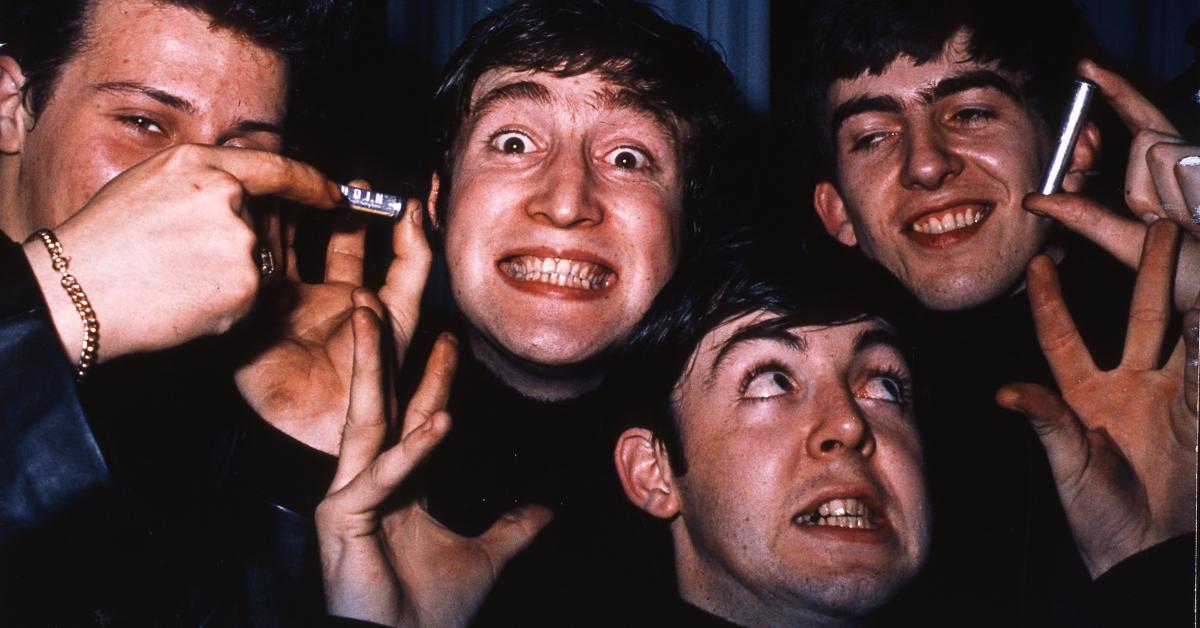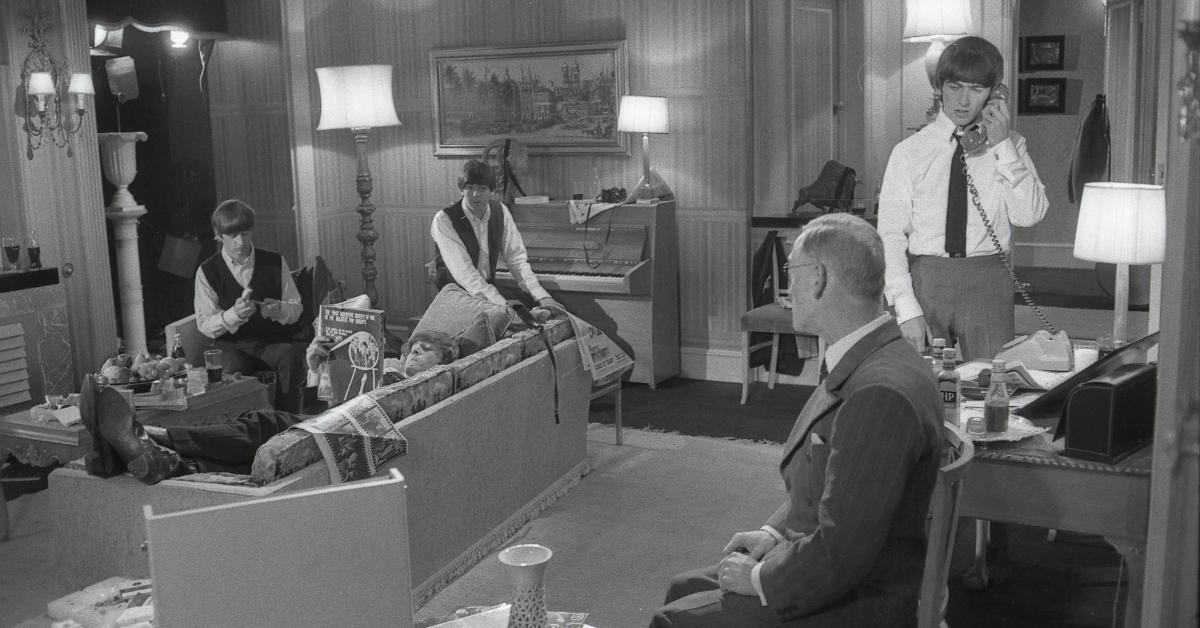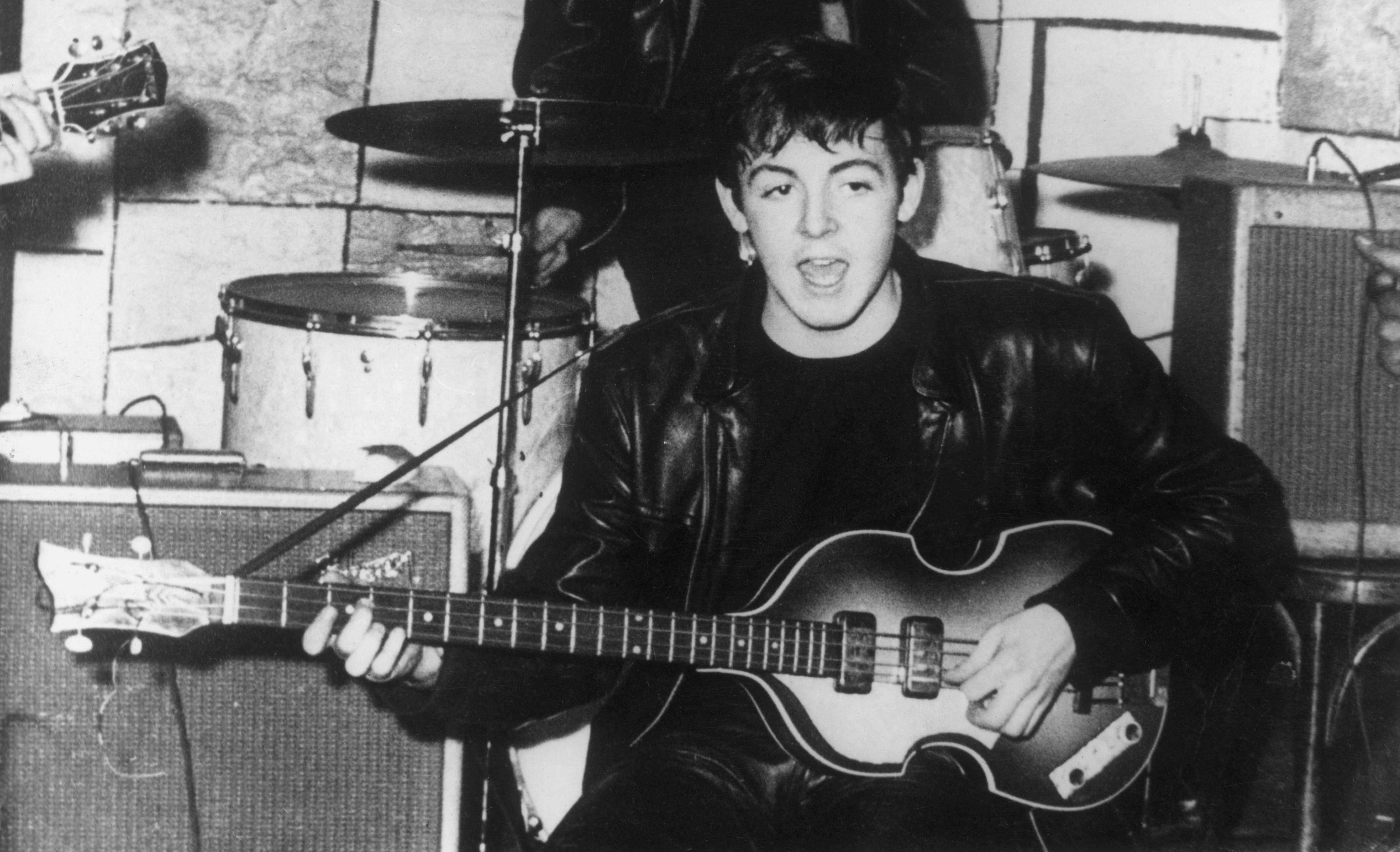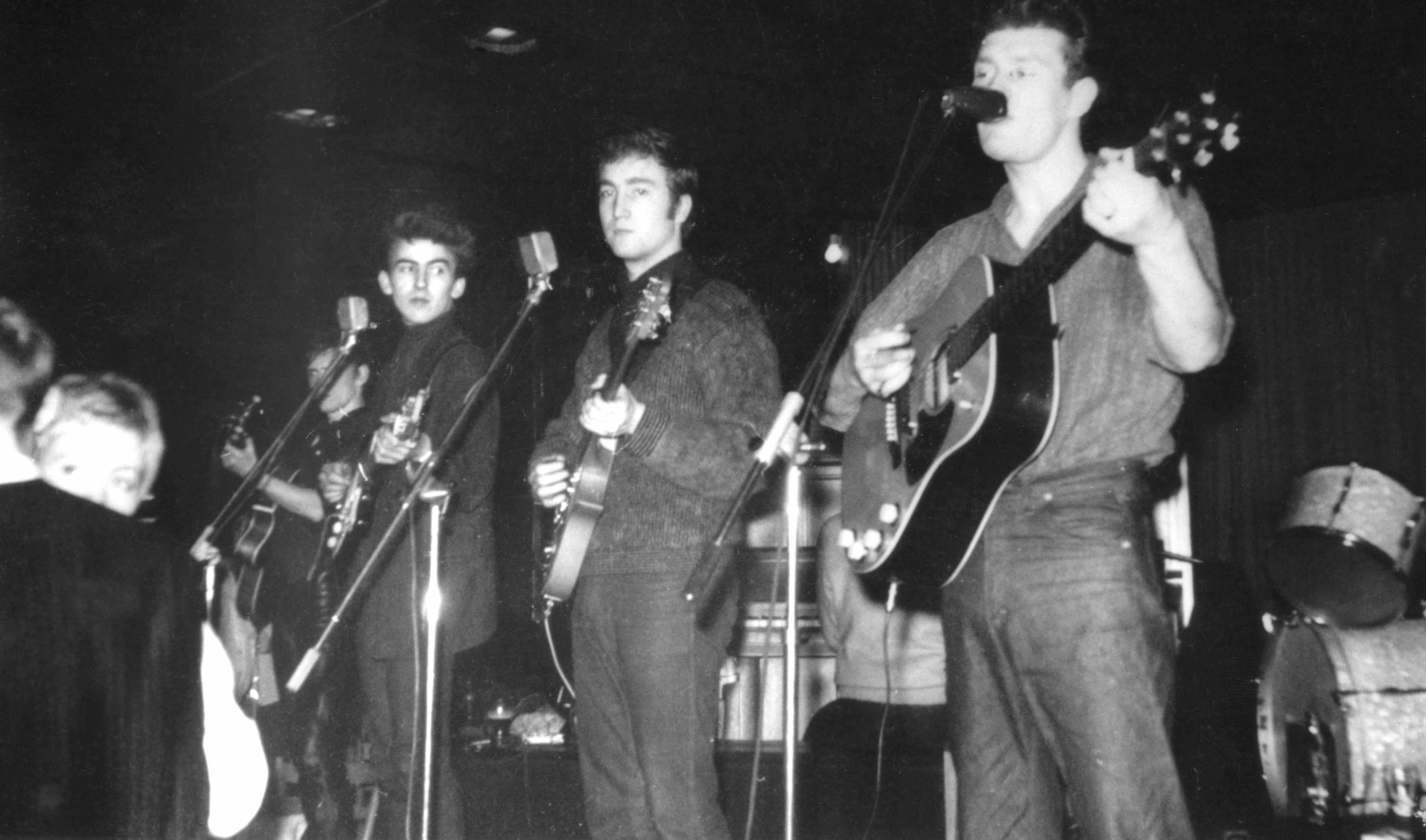The Beatles Are One of the Most Beloved Bands of All Time, So Why'd They End It?
Updated Sept. 12 2020, 11:11 a.m. ET

It's always hard on music fans whenever their favorite singers or bands decide to go in a different artistic direction. The betrayal I felt when I finally got my hands on "Sam's Town" after absolutely beasting on The Killers' "Hot Fuss," is something that haunts me to this day. How did they go from making such an incredible album to such a lifeless compilation of wackness? Why did Jefferson Airplane become Jefferson Starship? Why'd Metallica make "St. Anger" and why did The Beatles break up?
Seriously, why did one of the world's most successful and popular bands, The Beatles, break up?
Even if you're more of a Black Sabbath or Led Zeppelin person, and want to tear your hair out every time you hear the mirthless vocals, nasal whining, and muddled fuzz arrangement of The Beatles' music, you have to admit that they're easily the biggest rock band of all time. They've inspired countless other musical acts. If it weren't for The Beatles, the landscape of the music industry would look a heck of a lot different than it does today.

The English group of rockers absolutely swarmed the U.S. when they first played on Feb. 7, 1964. "Beatlemania" was the real deal: throngs of screaming fans from across the nation wigging out over the four mop-headed goofballs revolutionizing the music industry. They had global appeal and every single concert, TV appearance, and forthcoming album was met with the same amount of anticipation as you see in those three little dots moving in iMessage after you finally text your crush how you feel.
But like any breakup, there isn't any one single factor as to why The Beatles decided to call it quits and go their separate ways. The thing is that Beatlemania had lasted for a while. And being on top of the music world for so long could mess with a person's head. They weren't the dorky-looking kids from Liverpool trying to make a living off of music anymore; they were the most famous and respected artists in the world.
The rigors of constant touring and being surrounded by people who tell you anything and everything you want to hear and won't challenge a single thing you do or say certainly did a number on their psyche. So that was one factor. Then there was the death of their manager, Brian Epstein, who passed away on Aug. 27, 1967, from an accidental drug overdose. Epstein was largely attributed for discovering the band and helping to put together their best work.

He's even been called "the man who made The Beatles" and his contributions to crafting the group's image, booking gigs, getting them massive amounts of exposure, helping them with a bunch of behind-the-scenes issues, and being a genuine person in each member of the band's corner were invaluable. Managers usually get a bad rap for being money-grubbing scumbags who couldn't care less about their clients.
Epstein wasn't that; he was a genuine friend and was an integral part of The Beatles.
Additionally, Paul McCartney ended up having more and more say in the way that the songs were constructed. It was clear that he was the "lead" of the band at some point, and John Lennon had wanted to take their music in a different direction. Lennon had also become a persistent abuser of heroin, which also had an adverse effect on the relationship between band members.

Then there was Lennon's relationship with Yoko Ono, who was constantly hanging around the band. Lennon would take the Japanese artist's advice in the recording studio, much to the chagrin of other band members' (and humanity's collective ears everywhere).
In the wake of Epstein's death, The Beatles also had to deal with a litany of different managerial disputes, not to mention the failure of Apple Corps.
Apple Corps was a huge media conglomerate the band created in January 1968 to replace their previous company and make a musical conglomerate. It didn't end well and many speculate that Epstein's lack of involvement and business savvy was the main reason for this.
Other reasons for The Beatles' break-up: George Harrison was writing a heck of a lot of songs. Like a lot, a lot of songs, and apparently that had an adverse affect on their relationship as well.

Also, the "Get Back" project, which would ultimately become "Let It Be," The Beatles' 12th and final album, was rife with drama. Hence, the reason for it being the group's last outing together.
So ultimately, all of these factors combined led to The Beatles ultimately breaking up. While plenty of irate folks want to blame Yoko Ono, many believe that had Brian Epstein stuck with the band, they would've been able to keep it together for much longer.
I mean, it's entirely possible, look at the Rolling Stones.